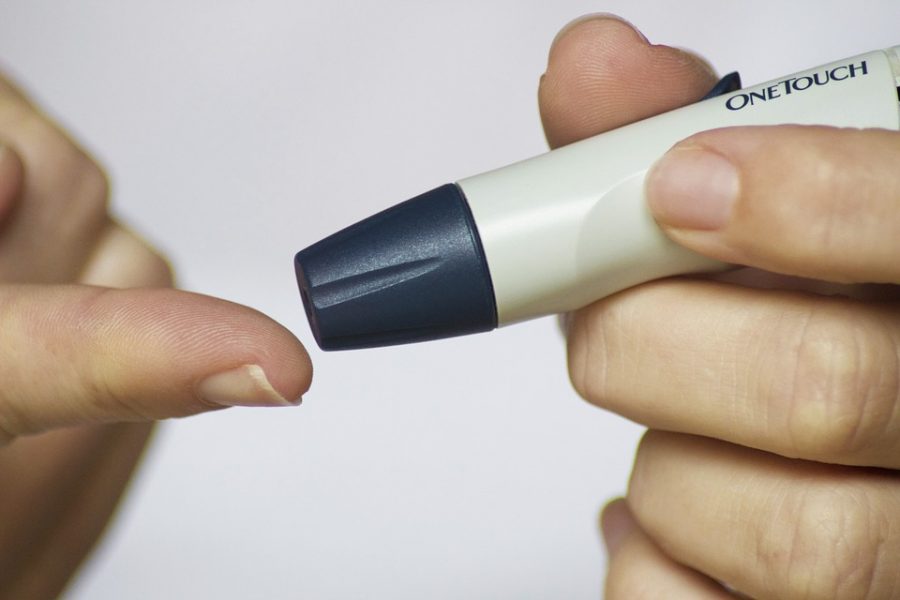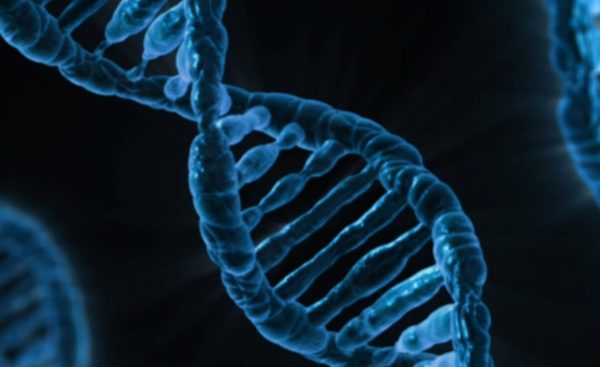A Cell-ebratory Cure
In collaboration with the Universities of Bergen, Norway, and Geneva, researchers have discovered the potential ability of cells surrounding beta cells to mimic their ability to produce insulin. This may open up an avenue for healing conditions that are caused by cell damage. The research was published October 22, 2018, on Nature Cell Biology, and elaborates on how neighboring cells can change. It explains that there are increased chances of neighboring cells taking the place of insulin producing cells if doctors inject insulin antagonist drugs.
Diabetes is caused by damaged or non-existent insulin producing cells, resulting in a high blood sugar level that is not controlled by the important hormone insulin. Beta cells, alpha cells, and delta cells produce hormones that regulate blood sugar. According to Science Daily, “Together, they form small clusters known as pancreatic islets. Glucagon increases blood sugar levels, while insulin has the opposite effect. In patients with diabetes, in the absence of functional beta cells, blood sugar levels are persistently high.” If the pancreas cannot produce enough insulin as a result of a lack of working beta cells, neighboring alpha cells can mutate so that they have the ability to produce insulin.
In an experiment at the University of Geneva, Professor Pedro Herrera and his team had transplanted alpha cells in mice, and some of the alpha cells had produced insulin, but only in portions of tissue where the beta cells were missing or had died. This experiment showed the scientific community that neighboring hormone-producing cells do have the ability to convert into an insulin-producing cell to make up for the lack of beta cells. Daily News states, “After one month, one-to-two percent of the rodents’ alpha cells started producing insulin. But when just half of the animals’ beta cells were removed, none of the alpha cells started making insulin.” This confirms that alpha cells only produce insulin if the amount of beta cells are extremely low. By having the alpha cells begin the production of insulin, the body’s blood sugar will be able to stay at a regular level.
Researchers believe that this development will lead to new treatments and drugs that can encourage the conversion of alpha to beta cells. In an interview with dLife, Dr. Luiza Ghila at the Raeder Research Lab at the University of Bergen in Norway explained, “If we gain more knowledge about the mechanisms behind this cell flexibility, then we could possibly be able to control the process and change more cells’ identities so that more insulin can be produced.” Knowing how the cells convert to replace damaged or missing cells will help researchers learn more about how the process can be regulated and used as treatment. The cell’s ability to transform in order to complete other tasks may open a door to discovering new treatments for other diseases caused by cell death, such as Alzheimer’s disease.






